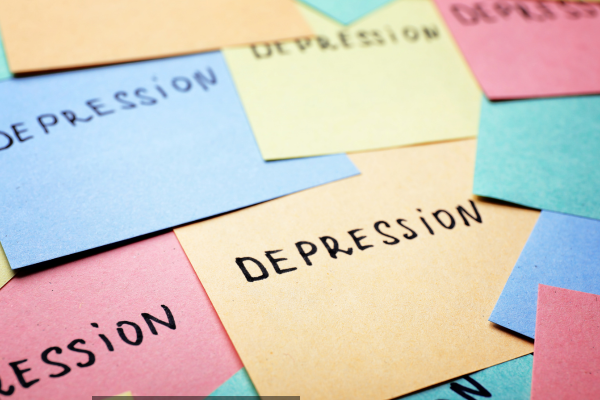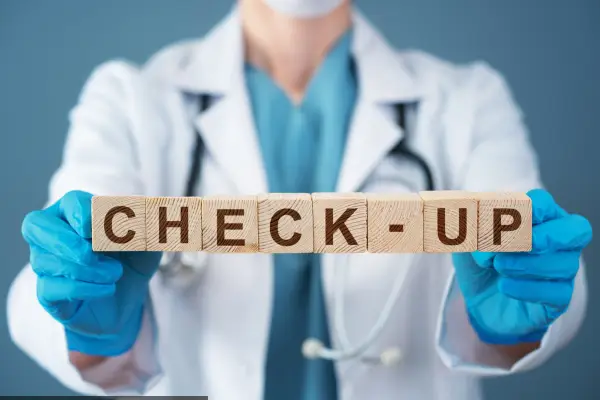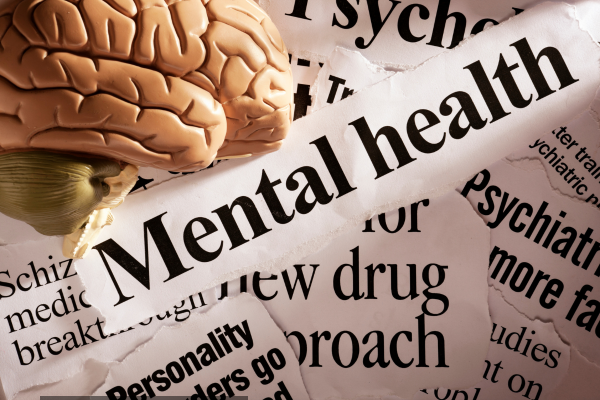Understanding Depression
Depression is more than feeling sad or having a bad day. It’s a persistent mental health condition that affects how you think, feel, and function. Many people dismiss early signs of depression, believing they will pass on their own. However, ignoring these symptoms can lead to more severe issues. Early recognition and intervention are crucial for recovery.
Common Signs of Depression
Depression manifests in many ways, and symptoms may differ from person to person. However, some signs are universally recognized. Persistent feelings of sadness or emptiness are among the most common indicators. Additionally, you may experience a lack of interest in activities you once enjoyed. Physical symptoms, such as fatigue, sleep disturbances, or appetite changes, can also signal depression.
Difficulty concentrating, irritability, or feelings of worthlessness are often overlooked but equally important to recognize. If these symptoms persist for more than two weeks, it may be time to take action.
When to Seek Help
If depression symptoms start interfering with your daily life, seeking help becomes vital. While occasional sadness is normal, depression is different. You may find it hard to perform simple tasks or maintain relationships. Thoughts of self-harm or hopelessness should never be ignored.
Talking to a trusted friend or family member is a good starting point. However, professional help is often necessary for long-term recovery. Therapists and counselors can provide tools to manage your condition, while medical professionals may suggest additional treatments.
Treatment Options for Depression
Treatment for depression often includes therapy, medication, or a combination of both. Cognitive-behavioral therapy helps individuals identify and change negative thought patterns. Medications, such as antidepressants, can balance brain chemicals that affect mood.
In addition to these, lifestyle changes can make a significant difference. Regular exercise, a balanced diet, and mindfulness practices like meditation have proven to support mental health. Remember, what works for one person may not work for another. Finding the right approach takes time and patience.

Importance of Mental Health Awareness
Raising awareness about depression helps reduce the stigma around mental health issues. Open conversations encourage individuals to seek help without fear of judgment. Educating yourself and others about depression creates a supportive environment for recovery.
Small acts, like checking on loved ones or sharing reliable mental health resources, can have a big impact. Together, we can build a world where seeking help is seen as a strength, not a weakness.
Similar Posts
- 5 Simple Ways to Manage Anxiety and Stress
- How Mindfulness Improves Mental Clarity and Focus
- Top Relaxation Strategies for a Better Night’s Sleep
- The Role of Nutrition in Boosting Mental Health












